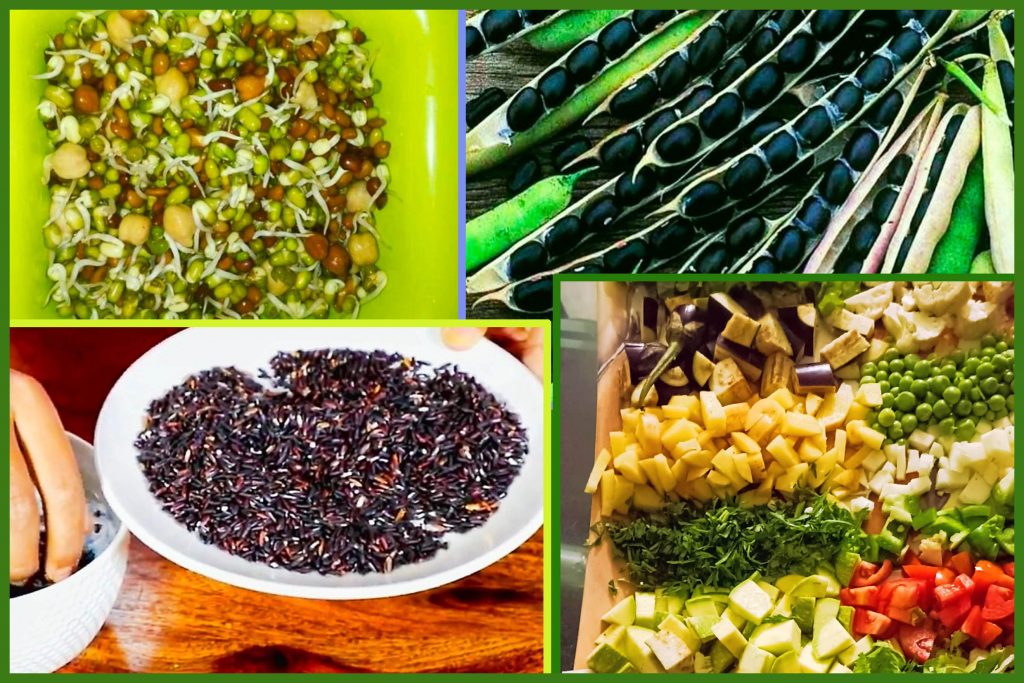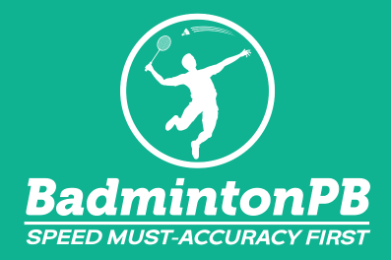Badminton is an extreme sport that requires speed, endurance, power and especially lightning-quick reflexes. If you want to play at the highest level, you must know how to maintain a good diet.
Your nutrition plays one of the most important roles in athletic performance. The most serious athletes will always understand the importance of having a great diet because of the little speck of overall health improvement.
An athlete’s nutrition should exceed the average person’s. To compete at their maximum level, you’ll need more calories and macronutrients.
Why is nutrition important?
Just like staying hydrated, keeping a good diet will provide you with enough energy and nutrients for your training. Nutrition is critical for your physical and mental health. Unfortunately, not enough nutrition in the body may lead to fatigue and even slow down your reaction time.
Every second counts. Keeping a healthy, well-balanced diet is a simple way to improve concentration and even sharpen your reflexes.

Good nutrition is the key to enhancing your badminton skills. This is how the top athletes in the world stay durable and swift in a long, exhausting badminton game. You will need a well-planned nutritious diet to meet your vitamin and mineral requirements. Once you have a planned diet, you will start feeling lighter and more energetic!
Tracking your diet
A true athlete needs to understand the nutrition needs to reach your maximum athletic performance. Not only do athletes understand the right amount of nutrition needed, but also know how much time you need between workouts and meals.
Your diet will either build or delay your growth. Here is how your calories should be broken up:
- 45% to 65% carbohydrates
- 10% to 30% protein
- 25% to 35% fat
Water is also very important for managing your hydration and should be constantly consumed before and during a badminton match.

After a meal, most athletes need to wait 1-2 hours before training again, and at least 30 minutes after a snack to avoid unnecessary side effects. If you decide to train shortly after eating, you may experience: cramping, nausea, vomiting, sluggishness, and totally worsened performance.
How to maintain a healthy diet
To keep their energy levels peaked, athletes should preserve a healthy diet. One of the worst things you could do to your diet is eating processed food. These are typically ready-to-eat foods that are low in nutritional value.
Some examples of processed food include most cereals, cookies, sugary drinks, deli meats, and salty chips. They may be delicious, but they are crammed with added ingredients that are unhealthy for you.
Instead, you should focus on eating whole foods. Plan your nutritious diet by consuming a few from each category to meet your nutritional needs.
Carbohydrates
- Fruit and vegetables
- Nuts (almonds, walnuts, hazelnuts, peanuts etc.)
- Whole-grain bread and crackers
- Oats & Oatmeal
- Cooked brown rice
- Quinoa
Protein
- Eggs
- Lean meats (beef, lamb, pork etc.)
- Fish and seafood

- Greek yogurt
- String cheese
- Milk
- Beans, Peas
Healthy fat
- Cheese
- Avocado
- Peanut butter
- Dark chocolate
- Coconut oil
Summary
The secret to peak your health and performance levels in sports requires a well-planned nutritious diet.
Clearly, badminton is an intense sport where being healthy is needed. Whether you’re an amateur or professional athlete, anyone can benefit from just keeping a good diet, which will lead to achieving your needs and goals.
Disclaimer: Tips and suggestions mentioned in the article are for general information purpose only and should not be construed as professional medical advice. Always consult your doctor or a dietician before starting any fitness programme or making any changes to your diet.
